|

On eBay Now...
RARE “Every-Day Religion" James Freeman Clarke Hand Written Letter For Sale
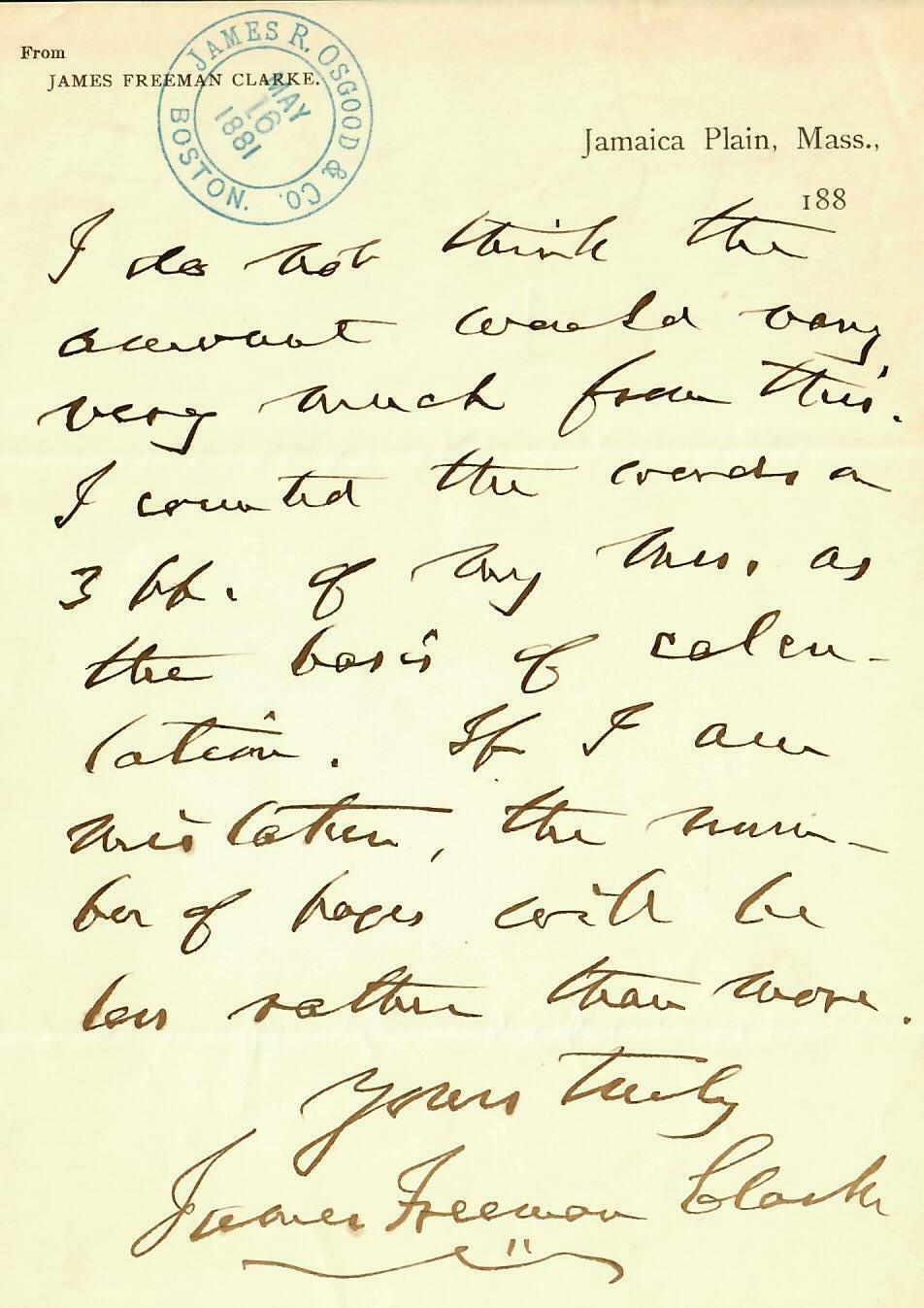
When you click on links to various merchants on this site and make a purchase, this can result in this site earning a commission. Affiliate programs and affiliations include, but are not limited to, the eBay Partner Network.

RARE “Every-Day Religion" James Freeman Clarke Hand Written Letter:
$174.99
Up for sale "Every-Day Religion" James Freeman Clarke Hand Written Letter Dated 1881.
ES-7572 James Freeman Clarke (April 4, 1810 – June 8, 1888) was an American theologian and author. Born in Hanover, New Hampshire, on April 4, 1810, James Freeman Clarke was the son of Samuel Clarke and Rebecca Parker Hull, though he was raised by his grandfather James Freeman, minister at King's Chapel in Boston, Massachusetts. He attended the Boston Latin School, and later graduated from Harvard College in 1829, and Harvard Divinity School in 1833. Ordained into the Unitarian church he first became an active minister at Louisville, Kentucky, then a slave state, and soon threw himself into the national movement for the abolition of slavery. His theology was unusual for the conservative town and, reportedly, several women walked out of his first sermon. As he wrote to his friend Margaret Fuller, "I am a broken-winged hawk, seeking to fly at the sun, but fluttering in the dust." In 1839 he returned to Boston where he and his friends established (1841) the Church of the Disciples which brought together a body of people to apply the Christian religion to social problems of the day. One of the features that distinguished his church was Clarke's belief that ordination could make no distinction between him and them. They also were called to be ministers of the highest religious life. Of this church he was the minister from 1841 until 1850 and again from 1854 until his death. He was also secretary of the Unitarian Association and, in 1867-1871, professor of natural religion and Christian doctrine at Harvard. Clarke contributed essays to The Christian Examiner, The Christian Inquirer, The Christian Register, The Dial, Harper's, The Index, and Atlantic Monthly. In addition to sermons, speeches, hymnals, and liturgies, he published 28 books and over 120 pamphlets during his lifetime. Clarke edited the Western Messenger, a magazine intended to carry to readers in the Mississippi Valley simple statements of liberal religion and what were then the most radical appeals to national duty and the abolition of slavery. Copies of this magazine are now valued by collectors for containing the earliest printed poems of Ralph Waldo Emerson, a personal friend and a distant cousin. Clarke became a member of the Transcendental Club alongside Emerson and several others. For the Western Messenger, Clarke requested written contributions from Margaret Fuller. Clarke published Fuller's first literary review—criticisms of recent biographies on George Crabbe and Hannah More.[5] She later became the first full-time book reviewer in journalism working for Horace Greeley's New York Tribune. After Fuller's death in 1850, Clarke worked with William Henry Channing and Emerson as editors of The Memoirs of Margaret Fuller Ossoli, published in February 1852. The trio censored or reworded many of Fuller's letters; they believed the public interest in Fuller would be temporary and that she would not survive as a historical figure Nevertheless, for a time, the book was the best-selling biography of the decade and went through thirteen editions before the end of the century. In 1855, Clarke purchased the former site of Brook Farm, intending to start a new Utopian community there. This never came to pass, instead the land was offered to President Abraham Lincoln during the American Civil War; the Second Massachusetts Regiment used it for training and named it "Camp Andrew". In November 1861, Clarke was in Washington, D.C. with Samuel Gridley Howe and Julia Ward Howe. After hearing the song "John Brown's Body", he suggested that Mrs. Howe write new lyrics; the result was "Battle Hymn of the Republic". The people of Boston held a public celebration honoring Italian unification on February 23, 1871, featuring Edwin Percy Whipple as a speaker and a poem by Clarke titled "A Hymn for the Celebration of Italian Unity" based on the "Battle Hymn of the Republic". In 1874, he was elected as a member of the American Philosophical Society. A portrait of Clarke painted by Edwin Tryon Billings hangs in the Boston Public Library.


RARE “Every-Day Religion" James Freeman Clarke Hand Written Letter $249.99

Hazel & Co Unicorn Coffee Mug 18 Oz Every Day I'm Sparkling White Pink Rare $1.99
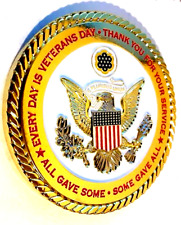
Ultra Rare "Every Day is Veteran's Day, All Gave Some, Some Gave All" Mint Coin $35.00
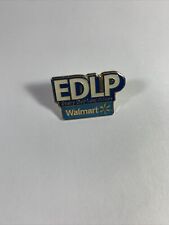
Rare Walmart Lapel Pin EDLP Every Day Low Price Spark Wal-mart Pinback $9.99
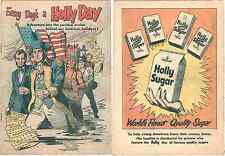
EVERY DAY'S A HOLLY DAY RARE SUGAR GIVEAWAY PROMO VG+ 1956 PROMOTIONAL $79.99
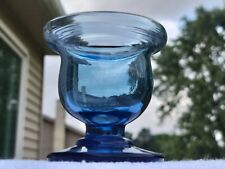
Antique Rare Blown Glass Blue Lockport N.Y. Footed Open Master Salt Cellar Dip $750.00
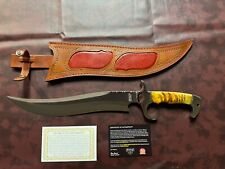
IMPACT CUTLERY 1-OF-A-KIND RARE CUSTOM MASSIVE FULL TANG 19.10 " BOWIE KNIFE $175.00
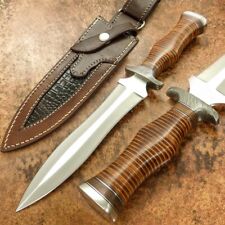
15" RARE CUSTOM MADE FORGED TOOL STEEL, TACTICAL, SURVIVAL DAGGER, COMBAT DAGGER $125.00
|